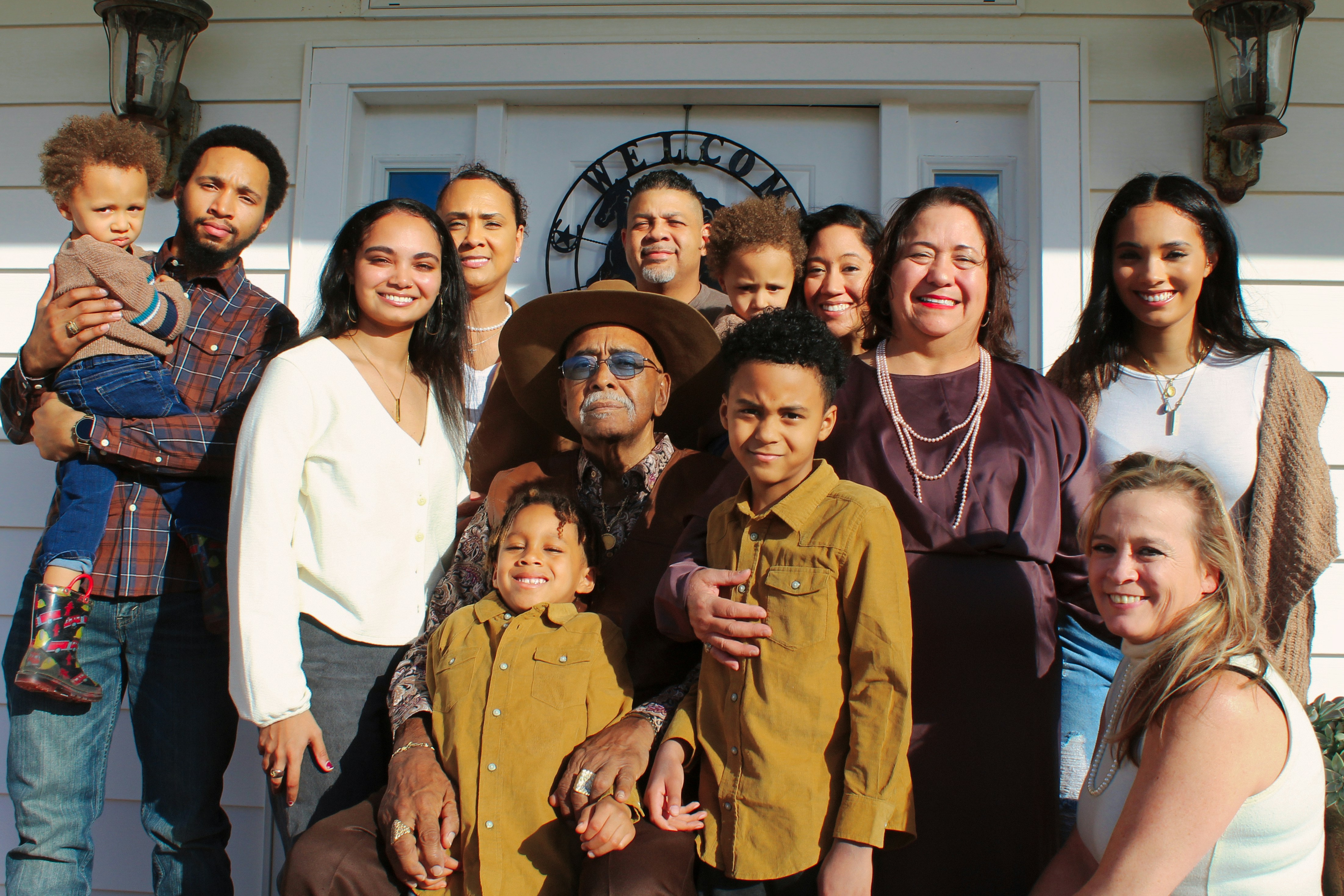The first-generation Latino experience of living in the U.S. revolves around resilience, identity, and navigating two distinct cultures. All three have created challenges for young Latino immigrants and Latin Americans.
Today, we discuss these hurdles and how first-generation Latino residents can or have overcome some of them.
Living With Two Cultures
We’ve mentioned earlier that first-generation Latino immigrants and Latin Americans live with two cultures. At home, these individuals may speak Spanish, celebrate traditional holidays, and uphold enduring Hispanic heritage and customs. Outside, they’re expected to blend into American culture, hiding their heritage from others.
Keeping this balance can overwhelm first-generation Latinos and Latin Americans. It’s a problem that emerges during adolescence, a time when building a unique identity becomes essential to people. Many young Latinos and Latin Americans feel pressured to fit into a culture different from theirs, although their heritage helps them address and overcome this challenge.
Language as a Bridge & a Barrier
Language is another crucial part of a Latino immigrant’s upbringing.
If a first-gen Latino speaks English well, they’d translate for their parents at doctor’s appointments, parent-teacher conferences, or government offices. However, this responsibility is a double-edged sword. It turns one into a mature, responsible individual, but pressures them to act like adults over time.
Furthermore, recent research from KFF reported that Latino immigrants are more likely to be less fluent in English than other immigrant groups. Students may struggle to learn the language, or their classmates may make fun of their accent when speaking English. Others may be scolded because they “speak too much English” or forget Spanish. As a result, their self-esteem can drop, and they may feel like they don’t belong in Latino communities or American society.
Maintaining First-Gen Latino Family Dynamics
First-generation Latino immigrants are also expected to acknowledge parental sacrifice.
Many Latino parents moved to the U.S. to give their children a better life, working long hours to secure stable finances. This motivates young Latino immigrants and Latin Americans to honor that commitment as they grow up. Ultimately, they’re driven to succeed for themselves and their families.
Younger Latinos may meet their family’s needs through caregiving, financial support, or abandoning their personal goals. Yet, such expectations can cause burnout and strained personal relationships. That’s why it’s essential to set boundaries and solve problems as a family.
Academic Challenges for Latinos in the U.S.
Education is another big challenge for first-generation Latino immigrants. According to KFF, this group might skip higher education over time.
Students may face challenges such as fewer academic resources or limited access to counseling and tutorial services. Without family members who studied in American schools, many Latino students have to figure things out alone.
Additionally, Latino values such as humility and collectivism may clash with an American’s assertive and independent attitude.
Latino students may hesitate to advocate for themselves, speak up in class, or seek mentorship, which can negatively affect their academic performance and self-confidence. But when they’re given enough support, these students thrive. A Latino learner’s persevering spirit, strong work ethic, and firm sense of purpose make them a powerful force in college.
Career Ambitions & Workplace Realities
After entering the workforce, first-generation Latinos continue to face the challenges of fitting into professional environments. Whether they’re working for the first time or not, Latino employees may find networking, self-promotion, or salary negotiations burdensome or overwhelming.
Among 67% of employed Latino immigrants in the U.S., around half have been discriminated against at work. This includes receiving lower salaries than others or none at all, not getting promoted, and earning less than others. Moreover, KIFF notes that potentially undocumented Latino immigrants or non-native speakers have found themselves in these situations.
On the bright side, though, a Latino’s humility and strong work ethic can be seen as passive or unsuitable for a leader. Despite these misconceptions, many first-generation Latinos are proving people wrong by entering law, medicine, technology, education, and other fields. Plus, they’re bringing much-needed diversity to these industries.
The Latin Diaspora & Finding Belonging in Community
The Latin diaspora’s experiences are unique, although resilience, family values, and pride in heritage have emerged in these situations.
First-generation Latinos share their experiences on social media, within local organizations, and at cultural events, allowing them to connect with fellow Latinos and fight for equity. Many build community one celebration at a time, while others rewrite narratives and tell everyone they’re part of our nation’s story through podcasts, blog posts, and grassroots movements.
Latin diaspora experiences also inspire questions about identity: What does it mean to be American? How do you honor your roots while finding your way in a society different from yours? First-generation Latinos ask and answer these questions with an introspective and strong-willed attitude.
Final Thoughts
The first-generation Latino experience highlights the resilience of individuals living far from home. While their journey hurls cultural tensions, problems in learning an unfamiliar language, and systemic barriers at Latino immigrants, it also encourages them to stay proud of their heritage, keep upholding it in our fast-paced world, and strengthen family ties.
When we listen to Latino voices and make them heard, we rethink what it means to be American in today’s multicultural society. It also calls us to acknowledge that first-generation Latinos are uniting divided communities and building bridges for future generations.
To learn more about Latino culture or connect with Latino communities online, visit the United Tribes blog or our main community page today.









